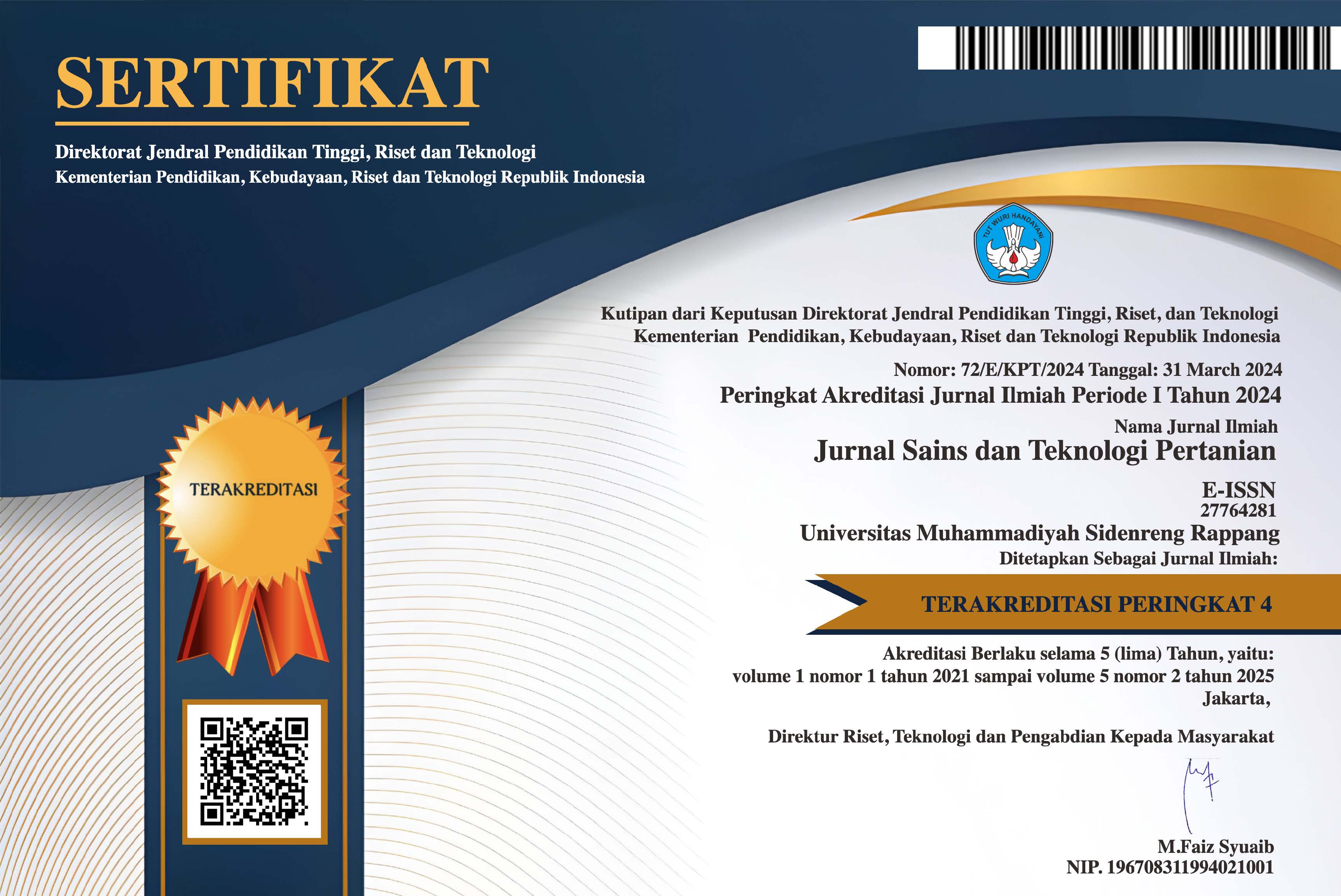Effectiveness of Botanical Pesticides in Managing Pests in Shallot Cultivation
Abstract
Botanical pesticides have emerged as a sustainable alternative to synthetic chemical pesticides in agricultural production. These plant-derived compounds offer various advantages, including efficacy against different crop pests, biodegradability, and low toxicity to non-target organisms. This literature review examines the potential of botanical pesticides for managing pests in shallot cultivation, a vital crop in many regions. The review synthesizes research on the phytochemical composition, modes of action, and practical applications of botanical pesticides in shallot pest management. Botanical pesticides contain a diverse array of phytochemicals, such as alkaloids, terpenes, and phenolic compounds, which can exhibit insecticidal, antifeedant, and repellent properties against a range of shallot pests. These natural compounds often target multiple physiological and behavioral processes in pests, reducing the likelihood of developing resistance. Furthermore, botanical pesticides are generally less persistent in the environment and have a lower impact on beneficial organisms, making them a more ecologically sustainable option for integrated pest management in shallot cultivation.










